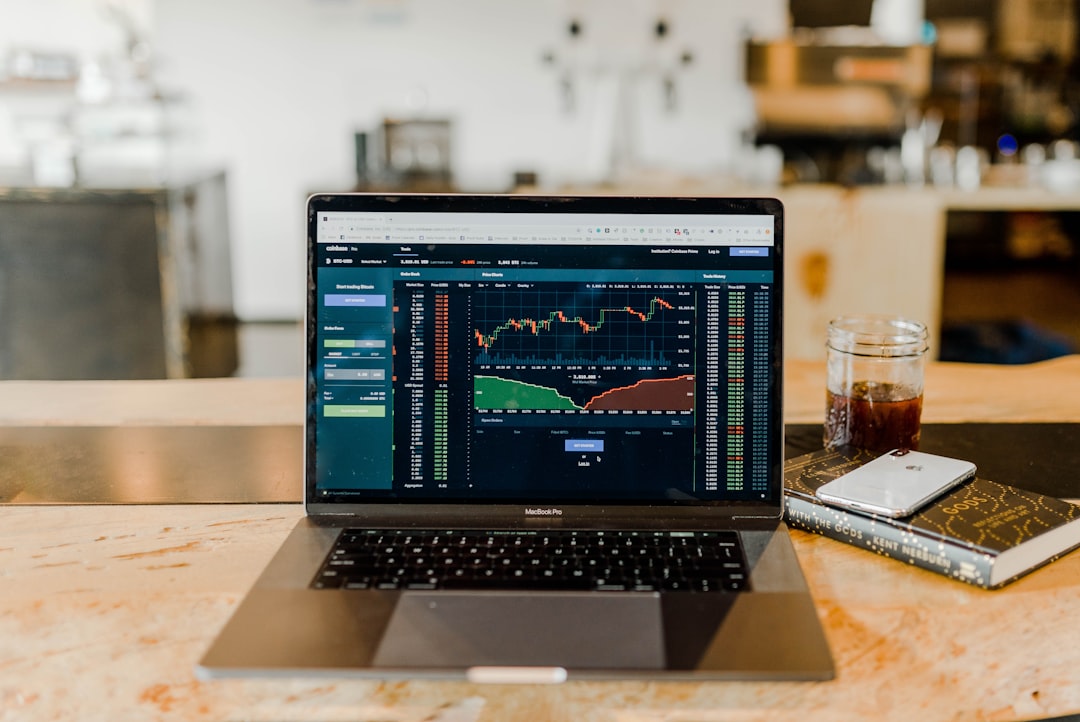
Best Resources for Understanding Economics: A Comprehensive Guide.
# Introduction. Economics, often dubbed the science of scarcity, offers a profound understanding of how societies allocate resources. As the world becomes increasingly interconnected and complex, grasping economic principles has never been more important. This blog post delves into some of the best resources that can aid in comprehending the vast field of economics. From textbooks to online platforms, readers will find valuable tools and materials to enhance their understanding of economics. # Books That Define Economics. Books remain a fundamental resource for learning economics. Several classic texts and contemporary works have shaped the understanding of economic principles and theories. One of the must-reads is **“The Wealth of Nations” by Adam Smith**. This seminal work lays the foundation for free market economics, discussing how individual self-interests can lead to collective benefits. Another important book is **“Capital in the Twenty-First Century” by Thomas Piketty**, which examines wealth distribution and economic inequality over centuries. For beginners, **“Freakonomics” by Steven Levitt and Stephen Dubner** offers an engaging perspective on economic reasoning, employing storytelling to apply economic concepts to everyday life. Additionally, **“Principles of Economics” by N. Gregory Mankiw** is widely used in academic settings for its clear explanations and practical applications of economic principles. # Online Courses and MOOCs. With the digital age, online learning platforms have emerged as invaluable resources for understanding economics. Platforms like **Coursera** and **edX** offer Massive Open Online Courses (MOOCs) taught by esteemed professors from global universities. Courses such as **“Introduction to Economics” from Stanford University** and **“Microeconomics Principles” from the University of Illinois** are excellent for learners seeking structured formats. Moreover, **Khan Academy** presents a unique, free platform where users can access an array of video lectures explaining fundamental economic concepts clearly and concisely. These resources allow students to learn at their own pace, making economics more accessible to a wider audience. # Economic Blogs and Podcasts. Podcasts and blogs are fantastic resources for those who prefer auditory or written media. Notable economics blogs like **“Freakonomics”** and **“Marginal Revolution”** by economists Tyler Cowen and Alex Tabarrok provide cutting-edge discussions on various economic topics. These blogs often dissect current events through an economic lens, making complex ideas relatable and understandable. In terms of podcasts, **“Planet Money” from NPR** offers entertaining stories that illuminate economic concepts and principles in real-world scenarios. Similarly, **“The Indicator”** provides quick hits of economic insights, helping listeners understand economic news swiftly. These resources are perfect for busy individuals looking to stay informed about economic issues while enjoying in-depth discussions. # Academic Journals and Research Papers. For those wanting to dive deep into recent developments in economics, academic journals such as **The American Economic Review** and the **Quarterly Journal of Economics** publish peer-reviewed research that explores advanced topics in the field. Platforms like **Google Scholar** or **JSTOR** allow users to access a plethora of research papers covering various aspects of economic theory and application. It's essential to note, however, that academic papers can often be dense and filled with jargon. Therefore, learners should approach these resources with a willingness to engage deeply and a patience to parse complex arguments. Yet, the rewards are significant for those who persevere. # YouTube Channels and Visual Learning. Visual learners will greatly benefit from YouTube channels dedicated to explaining economics. Channels like **“Economics Explained”** and **“Crash Course Economics”** offer visually engaging content that effectively breaks down complex theories into easily digestible formats. These resources employ animations and graphics to illustrate key concepts, making learning more enjoyable. Most importantly, YouTube allows accessibility to an enormous variety of opinions and interpretations of economic events and issues, encouraging viewers to think critically about various viewpoints presented by different economists and commentators. # Conclusion. Understanding economics is a rewarding journey that can lead to better decision-making in personal finances, business, and public policy. The resources mentioned above offer a comprehensive toolkit for anyone interested in delving into this crucial field. By leveraging books, online courses, blogs, podcasts, academic journals, and visual media, learners can build a solid foundation in economics and stay informed on current economic discussions. Ultimately, knowledge of economics empowers individuals with the skills necessary to navigate the complexities of the modern world. .









